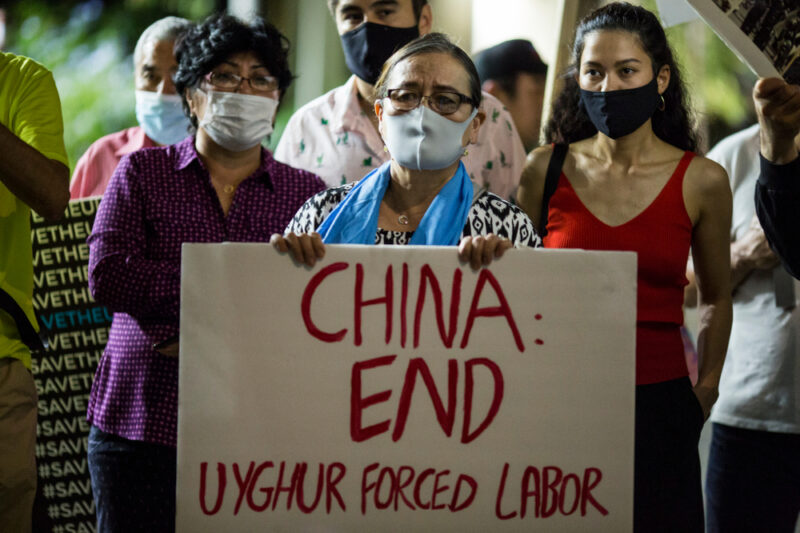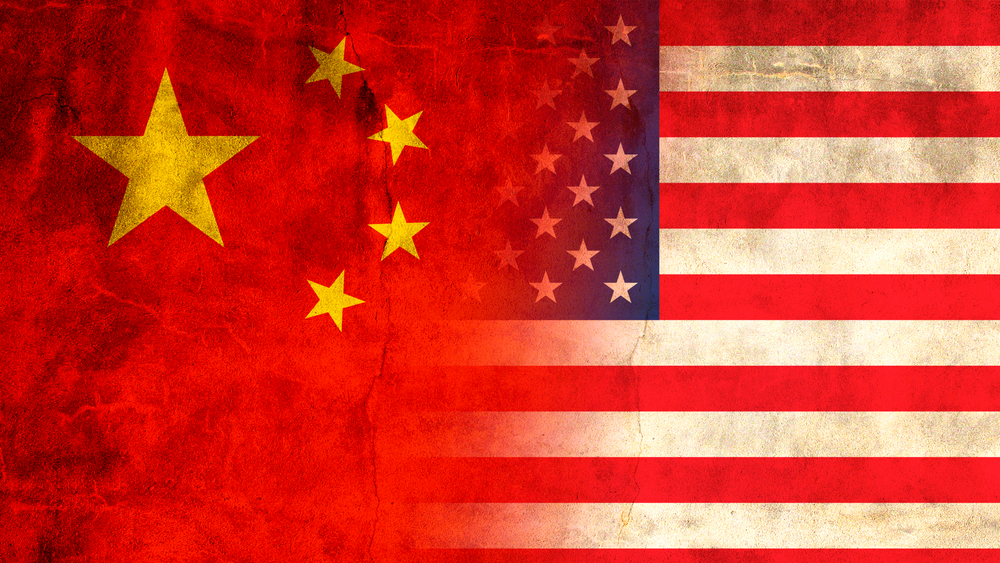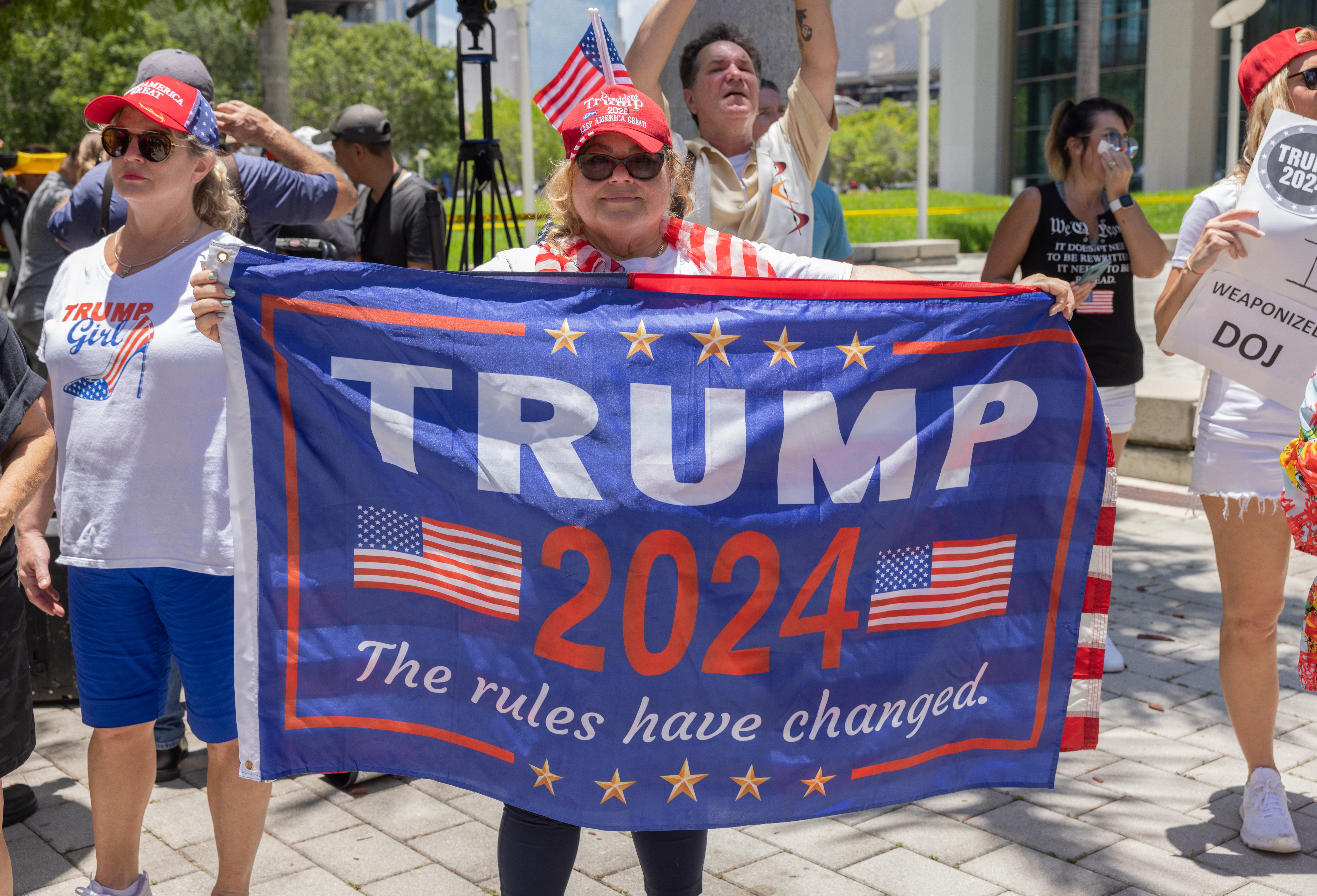Sanctions with CHINA Back on the Table?
Top House Republicans are leading a bill to reverse the Biden administration’s decision to ease sanctions on a Chinese firm tied to the mistreatment of Uyghurs.
Rep. Andy Ogles, R-Tenn., introduced legislation Wednesday targeting the Ministry of Public Security’s (MPS) Institute of Forensic Science of China, which is co-led by House China Select Committee Chairman John Moolenaar, R-Mich., and House GOP Conference Chairwoman Elise Stefanik, R-N.Y.
“It’s past time for the U.S. to confront the [Chinese Communist Party’s] human rights abusers, and Congress will have to lead in the absence of a strong commander in chief,” Ogles was quoted as saying by Fox News.
“He charged China’s autocratic leadership with “a long and sordid history of human rights abuses.”
“Joe Biden has made an unacceptable decision to reward a Communist Chinese corporation despite their genocidal atrocities and human rights violations against the Uyghur population and other ethnic minorities,” Chairman Elise Stefanik said. She also stated that the proposal to relist China’s Institute of Forensic Science on our Entity List would restore us to President Trump’s peace through a strength approach and ensure that no US technology benefits Communist China’s human rights atrocities.

The bill has ten more House GOP cosponsors and is supported by conservative organizations Heritage Action and America First Policy Institute.
The CCP agency was among nine businesses sanctioned by the Trump administration in May 2020.
A news release at the time claimed that it was “complicit in human rights violations and abuses committed in China’s campaign of repression, mass arbitrary detention, forced labor and high-technology surveillance against Uighurs, ethnic Kazakhs, and other members of Muslim minority groups in the Xinjiang Uighur Autonomous Region (XUAR).”
The restrictions were lifted in November 2023, as the US worked to urge China to play a more active role in combating the flow of synthetic medicines and fentanyl precursors from within its borders into the United States.
Matthew Miller, a State Department spokesman, told reporters at the time that the penalties were “a barrier to achieving cooperation” on drug flows.
“When we evaluated the issue and looked at all the merits of de-listing the IFS, ultimately, we decided that given the steps China was willing to take to cut down on precursor trafficking, it was an appropriate step,” according to Miller.







